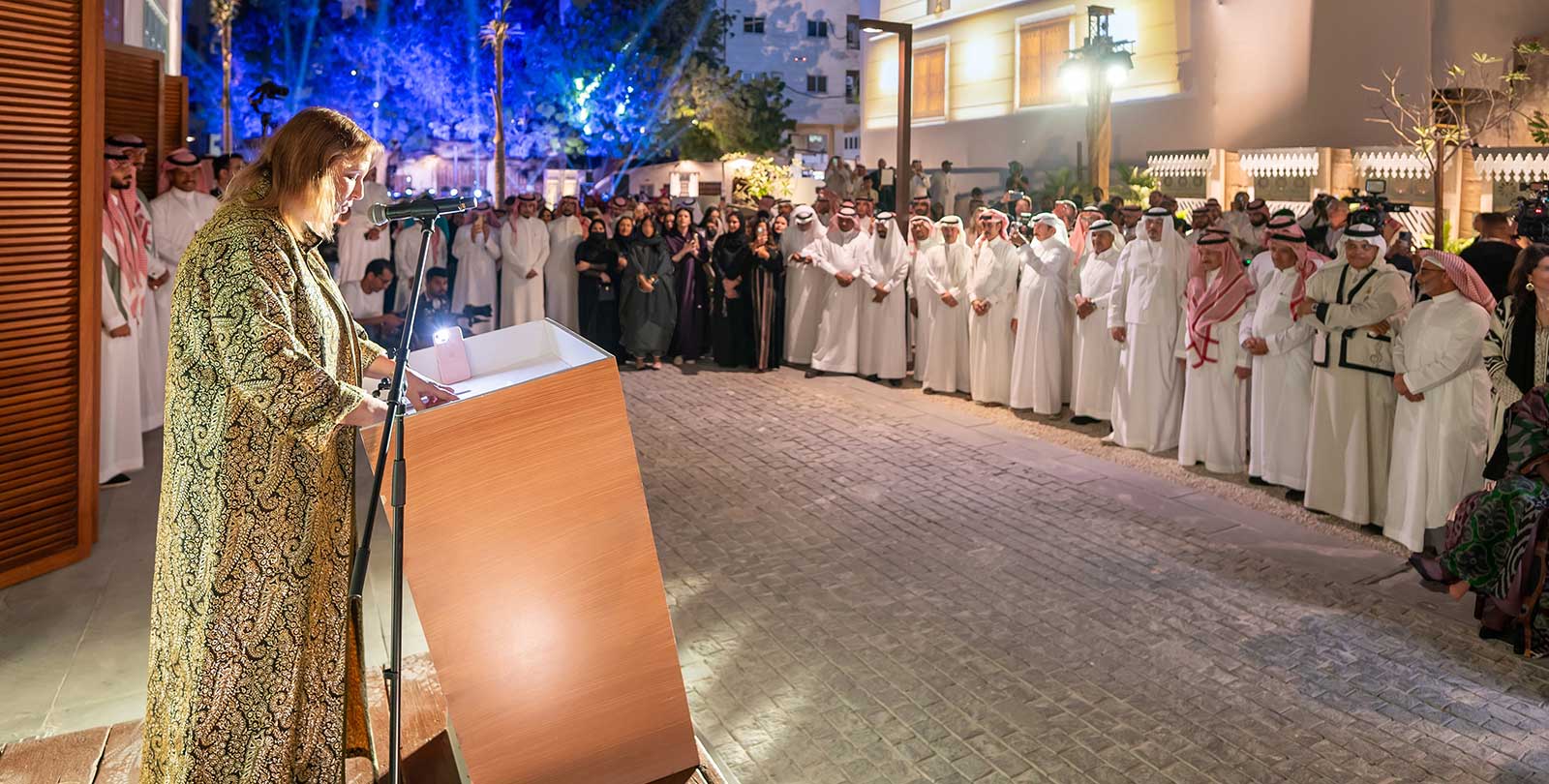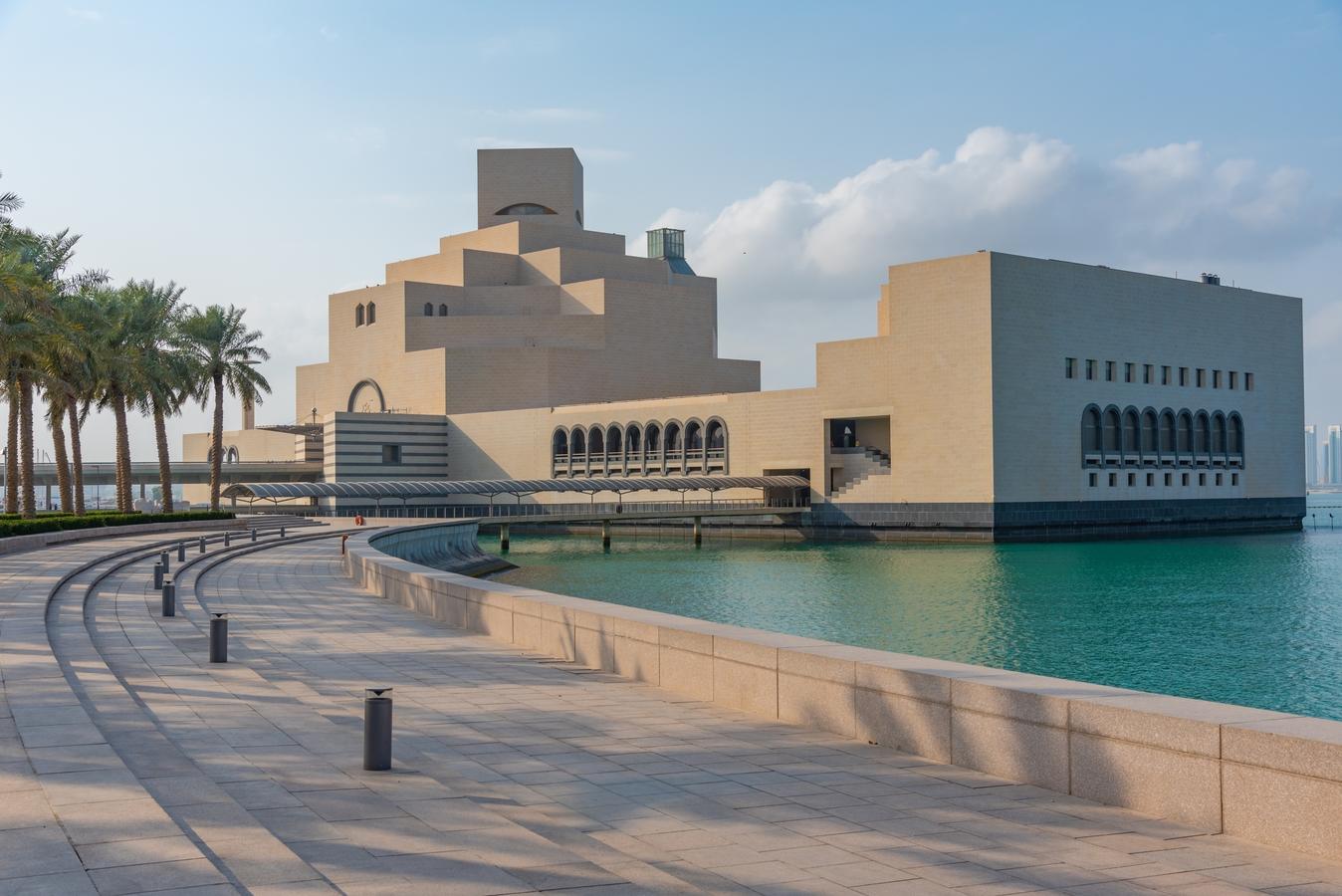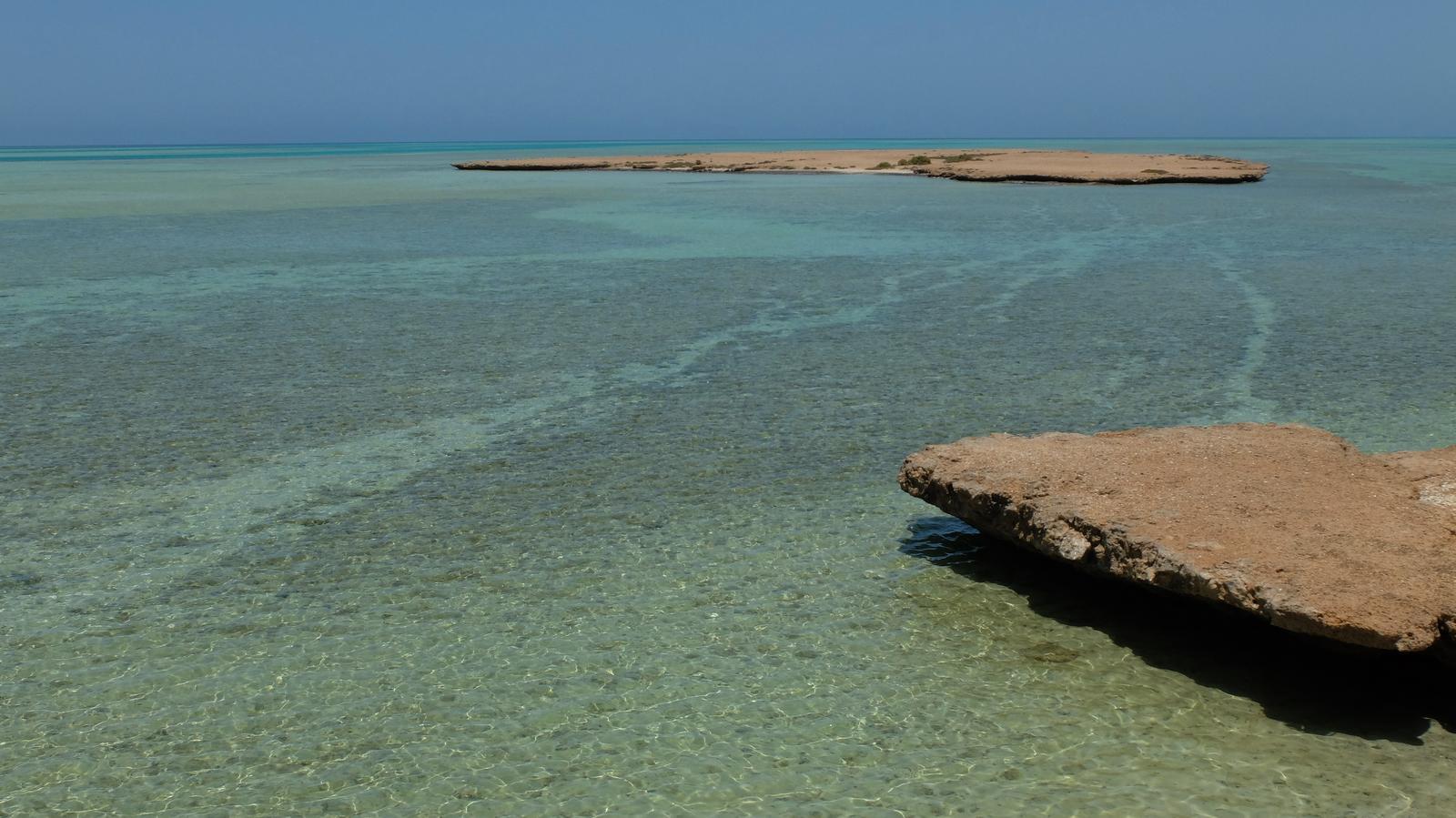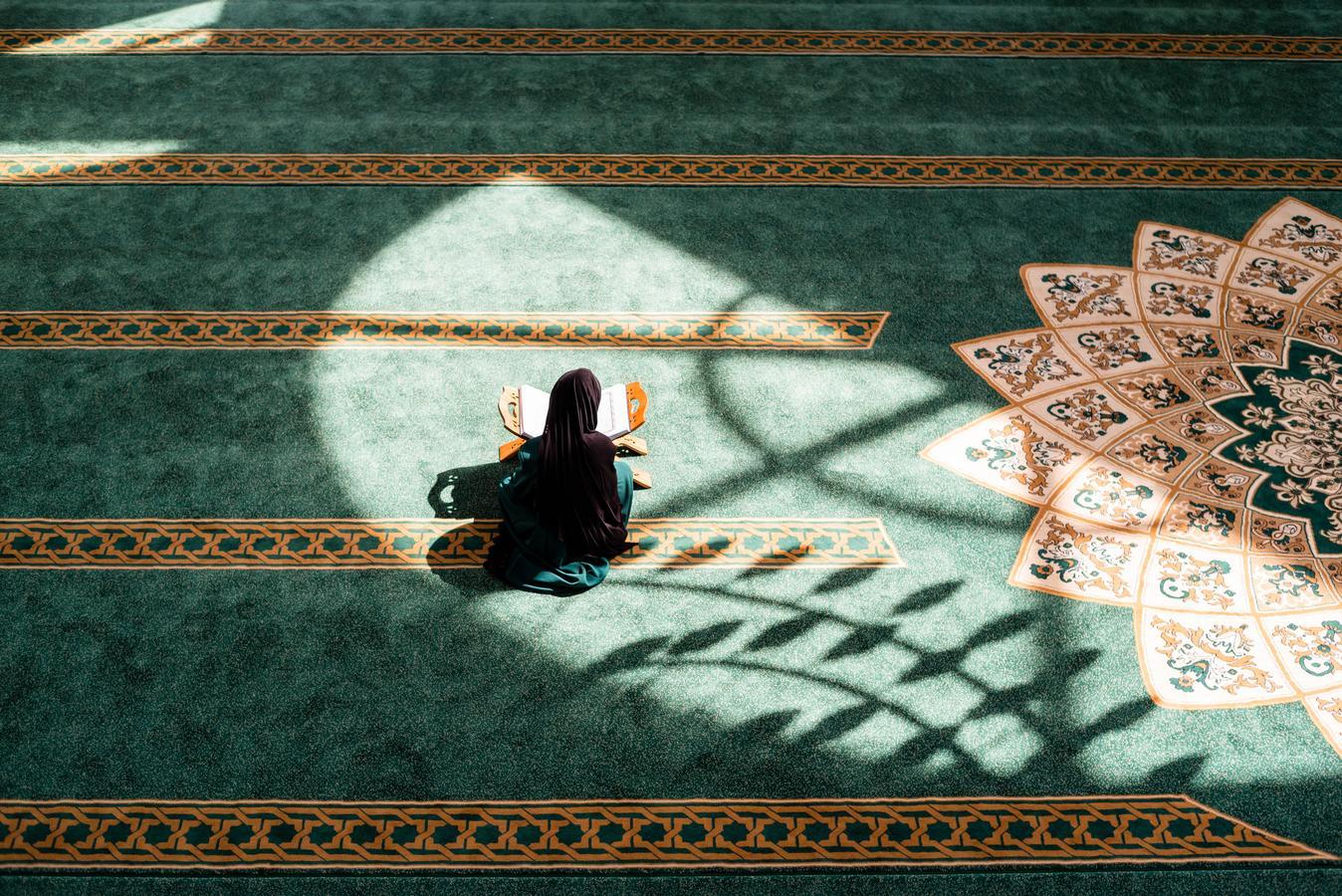A recent Financial Times investigation offered a stark snapshot of Saudi Arabia’s intensifying war on drugs. From amphetamine pills smuggled in construction materials to traffickers facing execution, the Kingdom’s crackdown is as visible as it is complex. Beneath these headlines, however, lies a deeper story of a nation grappling with rapid modernization, rising addiction rates, and the evolving perception of addiction as a public health challenge.
Addiction in Saudi Arabia: From Stigma to Spotlight
For decades, drug addiction in Saudi Arabia was shrouded in secrecy—treated as a shameful family crisis to be hidden from public view, not least because the penalties for users were so strict. Families sent struggling relatives abroad or kept their battles discreet, away from the prying eyes of society. Today, addiction is no longer a whispered topic—it is a visible social challenge, discussed openly as part of the Kingdom’s broader transformation.
Official statistics paint a troubling picture. A 2023 Ministry of Health report estimates more than 200,000 compulsive drug users in Saudi Arabia, though experts caution that underreporting likely masks the true scale. This rise coincides with the rapid societal changes driven by Vision 2030, which has expanded freedoms while intensifying pressures—particularly for younger generations navigating the collision of tradition and modernity.
“The progress has expanded opportunities for young people,” explained Dr. Alaa Nabil Mahsoon of King Abdulaziz University, “but it has also created tensions, particularly in families slower to adapt to these changes. These dynamics leave young people searching for outlets, which sometimes include drugs.”
Economic and Social Pressures: A Perfect Storm
Saudi Arabia’s reforms—ranging from women’s increased public participation to the removal of restrictions on entertainment—have unlocked new opportunities, but they have also exposed individuals to desires and emotions long suppressed. For some, drugs symbolize rebellion, freedom, or even modernity—a dangerous misinterpretation of progress.
South Korea faced a similar surge in drug use during its industrial boom in the 1980s, where rapid modernization created social dislocation and cultural strain. Saudi Arabia is now navigating its version of this phenomenon, with traffickers exploiting demand through increasingly sophisticated smuggling networks. Captagon, a synthetic stimulant often associated with Syria, remains a major concern, prompting authorities to declare their “war on drugs” in 2022.
Rehabilitation: A Step Toward Compassion
Encouragingly, Saudi Arabia has begun to evolve its approach. In 2020, the government licensed private rehabilitation centers like Qaweem in Jeddah, marking a shift from punitive measures to treatment-focused solutions. Qaweem’s CEO, Khalid Al-Mshari, stressed, “Addiction is a chronic disease, and sustainable recovery requires long-term commitment from both the individual and their support system.”
Saudi Arabia’s approach echoes lessons from Portugal, which decriminalized personal drug use in 2001 and focused on public health campaigns to reduce addiction rates. While Saudi Arabia’s cultural context differs, the principle of addressing addiction as a public health issue resonates universally.
A Delicate Balance: Enforcement and Recovery
The return of harsh penalties—including the execution of nearly 100 drug offenders in 2024—underscores Saudi Arabia’s commitment to curbing trafficking. The typical misconception in the West is that drug use in Saudi is an immediate death sentence, but it’s far more nuanced than that.
As widely reported, foreign smugglers bringing narcotics into the country may face the death penalty, while dealers are subject to imprisonment, lashing, fines—or all three. Repeat offenders are also at risk of execution.
Critics question the effectiveness of such measures in deterring drug use. Amnesty International argues that there is no evidence to support the death penalty as a meaningful deterrent, calling for greater emphasis on prevention and rehabilitation.
Public perception is slowly shifting. A mother in Riyadh, reflecting on her son’s journey to sobriety, shared, “We no longer feel shame seeking help. His recovery has given us hope.” These narratives highlight the importance of reducing stigma and fostering a more compassionate approach to addiction.
The Road Ahead
Saudi Arabia’s fight against addiction reflects the complexities of its broader societal transformation. Balancing strict enforcement with robust prevention and rehabilitation programs will be critical. Equally vital is the challenge of reshaping public attitudes—moving from viewing addiction as a moral failing to recognizing it as a treatable condition.
By addressing addiction with both compassion and resolve, the Kingdom can navigate this crisis while fostering a healthier, more resilient society. As Saudi Arabia continues its journey of modernization, its approach to addiction may well serve as a litmus test for balancing cultural values with the demands of progress.









0 Comments
No comments yet. Be the first to comment!